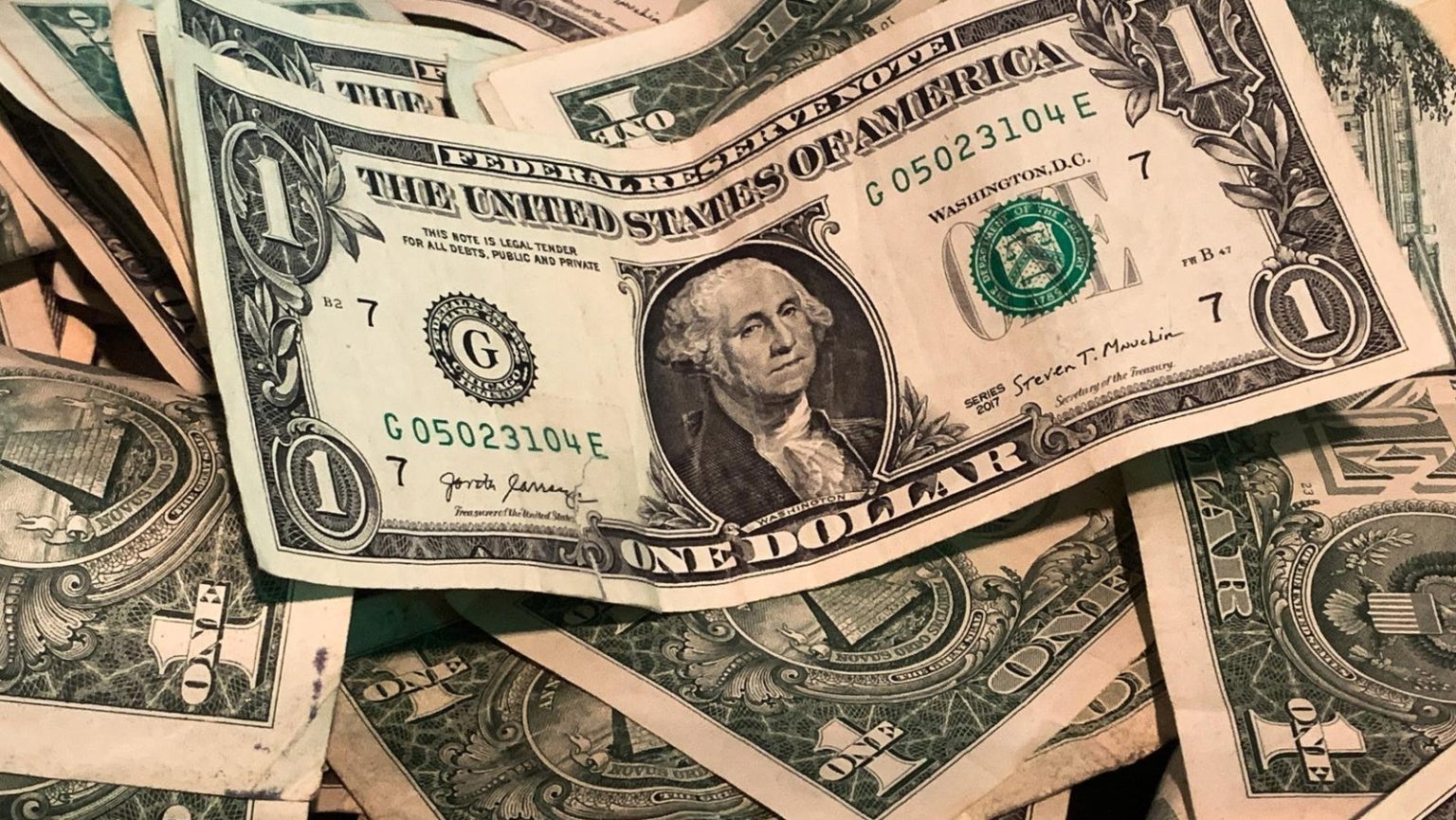Former budget director Mick Mulvaney recently made a statement about inflation that many economists and experts have also made over time – that inflation is caused by “too much money chasing too few goods.” However, this oversimplified definition fails to capture the complexity of how the economy actually works. In reality, money does not buy goods, services, and labor, but rather, goods, services, and labor buy goods, services, and labor. Market goods chase market goods, meaning that demand is always a result of supply.
When individuals exchange money for goods, they are actually exchanging it for something that someone has produced. This means that demand is always tied to supply, and cannot be conjured out of thin air. For Mulvaney, who spent a significant portion of his career in government, his purchasing power was only possible because of taxpayers who helped fund his salary. In this sense, government employees like Mulvaney are reliant on the productive efforts of others in order to have the means to demand goods and services.
The idea of “too much money chasing too few goods” is flawed in two key ways. Firstly, it implies that demand can exist without prior production, which goes against the fundamental principles of economics. Secondly, it suggests that producers would accept any form of money in exchange for their goods, which is not the case. Producers want equal value in return for what they have produced, showing that they have control over the money in circulation, not governments or central banks.
Inflation, at its core, is a devaluation of the currency unit, such as the dollar. This devaluation is typically the result of government policy decisions aimed at weakening the currency for various reasons. For example, in 1933, FDR decreed a devaluation of the dollar against gold, and in 1971, President Nixon severed the dollar’s ties to gold. In 1986, the Reagan administration implemented the Plaza Accord, further devaluing the dollar. These policy choices by governments can lead to higher prices in the economy, but they are not caused by an excess of money in circulation.
Ultimately, inflation is not a result of too much money chasing too few goods, but rather a deliberate policy choice by governments to devalue the currency. The concept of supply and demand is fundamental to understanding how the economy functions, with market goods exchanged for market goods, and producers seeking equal value in return for what they produce. Rather than blaming inflation on an excess of money, it is important to recognize the role that government policies play in shaping the value of the currency and its impact on prices in the economy.


